Flooding killed at least 30 people, swept away cars, submerged subway lines and temporarily grounded flights in New York and New Jersey as the remnants of Hurricane Ida brought torrential rains to parts of the Northeastern United States.

Basement apartments suddenly filled with water, rivers and creeks swelled to record levels and roadways turned into car-swallowing canals. Eight people died when they became trapped in flooded basements, New York City police said.
Five people were found dead in an apartment complex in Elizabeth, New Jersey, the city’s mayor and a spokesperson told local media. Outside Philadelphia, officials reported “multiple fatalities,” saying no additional details were immediately available.
The ferocious storm also spawned tornadoes, including one that ripped apart homes and toppled silos in Mullica Hill, New Jersey, south of Philadelphia.
Images posted on social media overnight showed water gushing into basement apartments.
Water from record rainfall cascaded into New York City subway tunnels, trapping at least 17 trains and forcing the cancelation of service throughout the night and early morning.
Videos online showed riders standing on seats in cars filled with water. All riders were evacuated safely, officials said.
In New York City, officials banned travel for all but emergency vehicles until early Thursday and warned against unnecessary travel into the morning.
The FDR Drive in Manhattan, and the Bronx River Parkway was underwater during the storm. Garbage bobbed in the water rushing down streets. Some subway and rail service had resumed Thursday morning.
The National Weather Service office in New York issued its first-ever set of flash flood emergencies in the region Wednesday night, alerts only sent in the most dangerous conditions.
Rescues took place all over New York City as its 8.8 million people saw much worse flooding than from Henri.
Scientists have warned such weather extremes will be more common with man-made global warming.
— With files from The Associated Press and Reuters

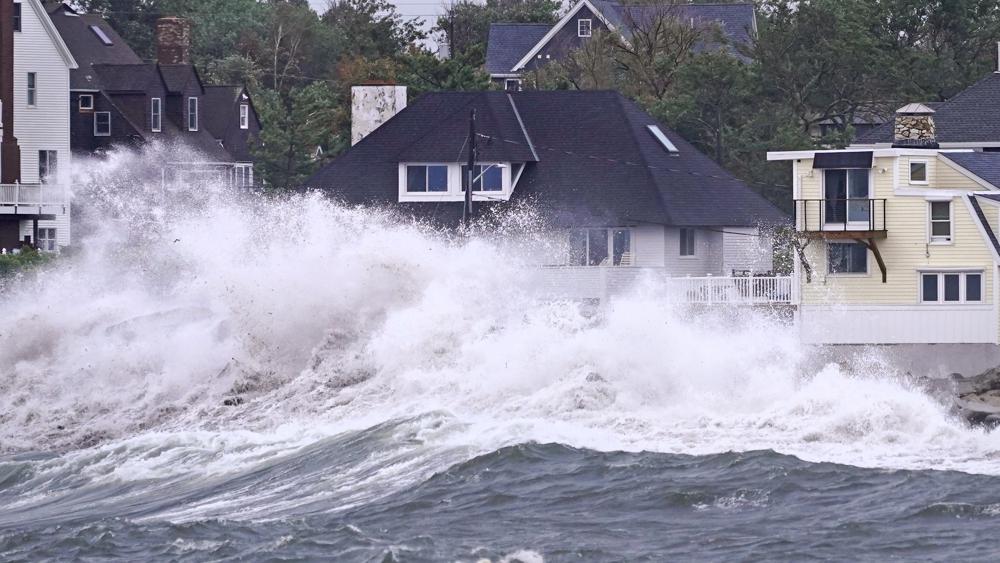
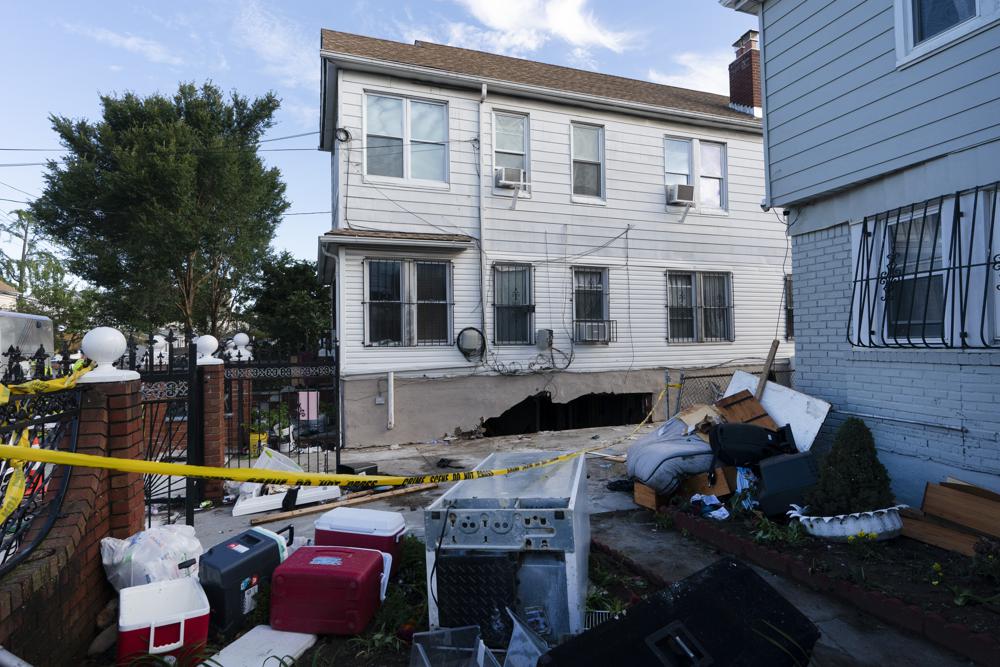
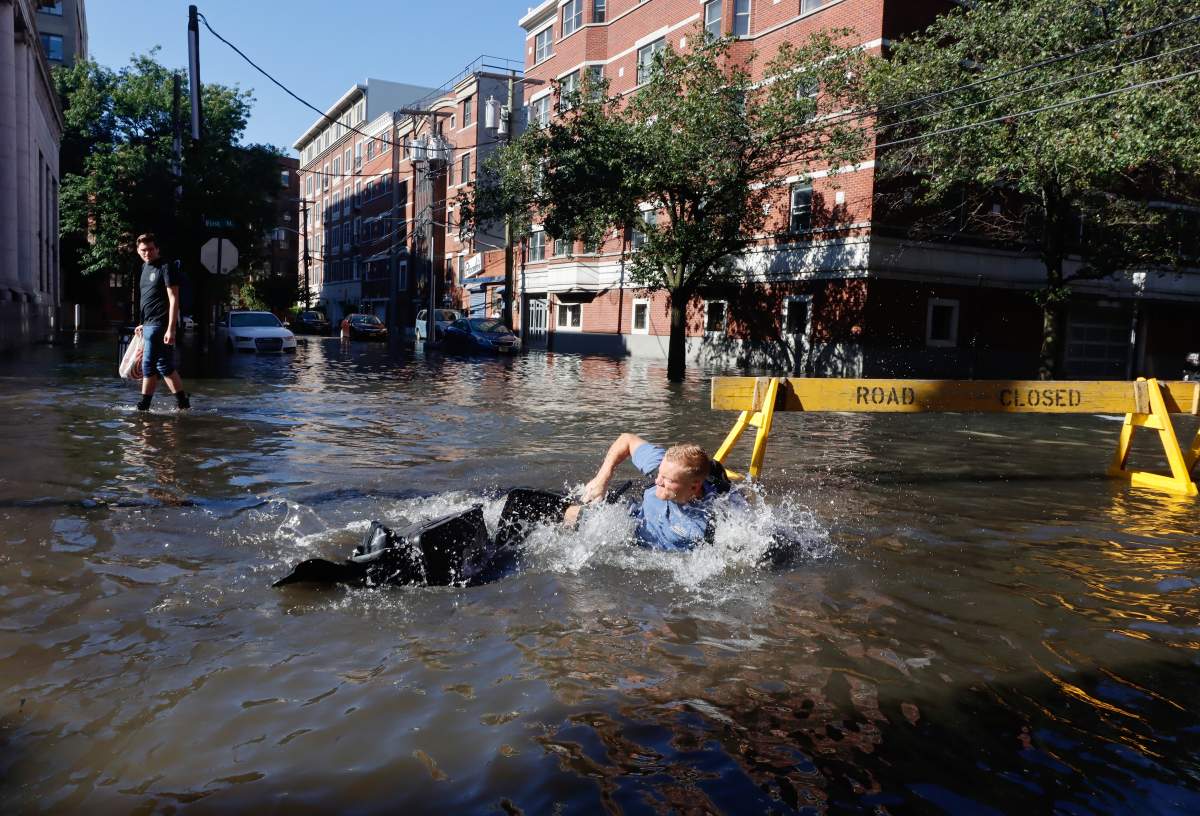



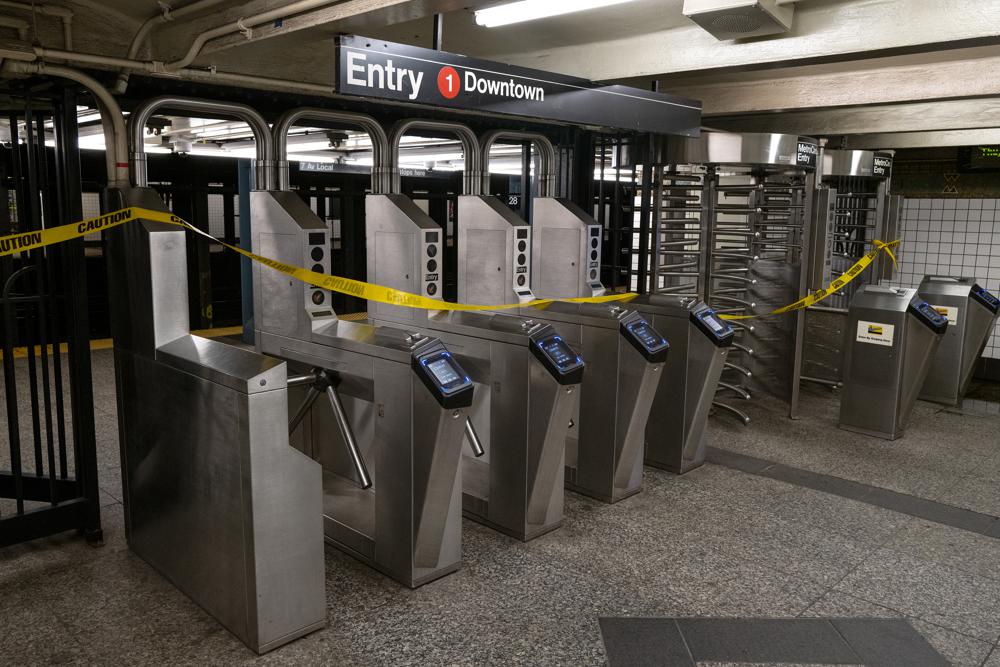
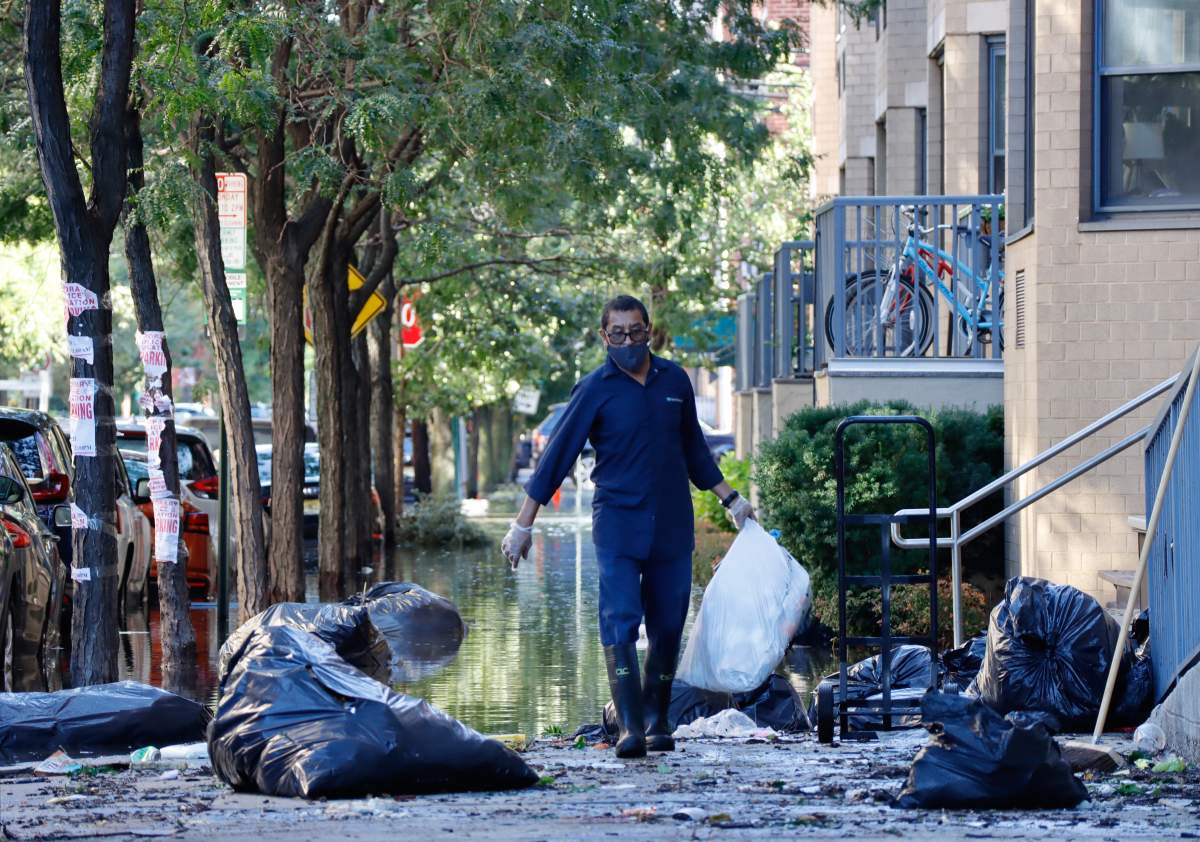
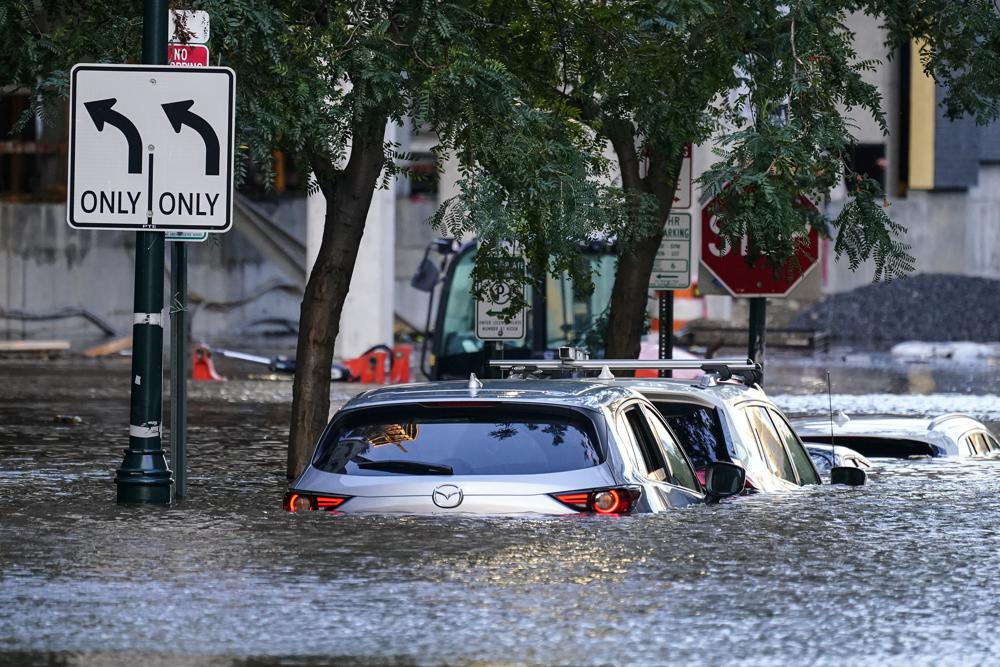
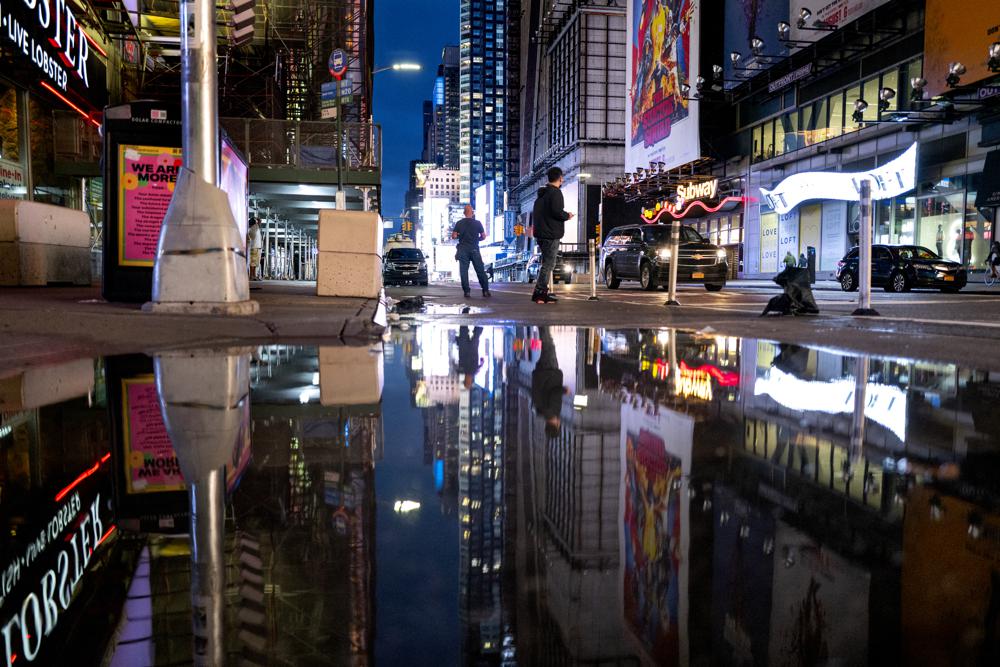





Comments